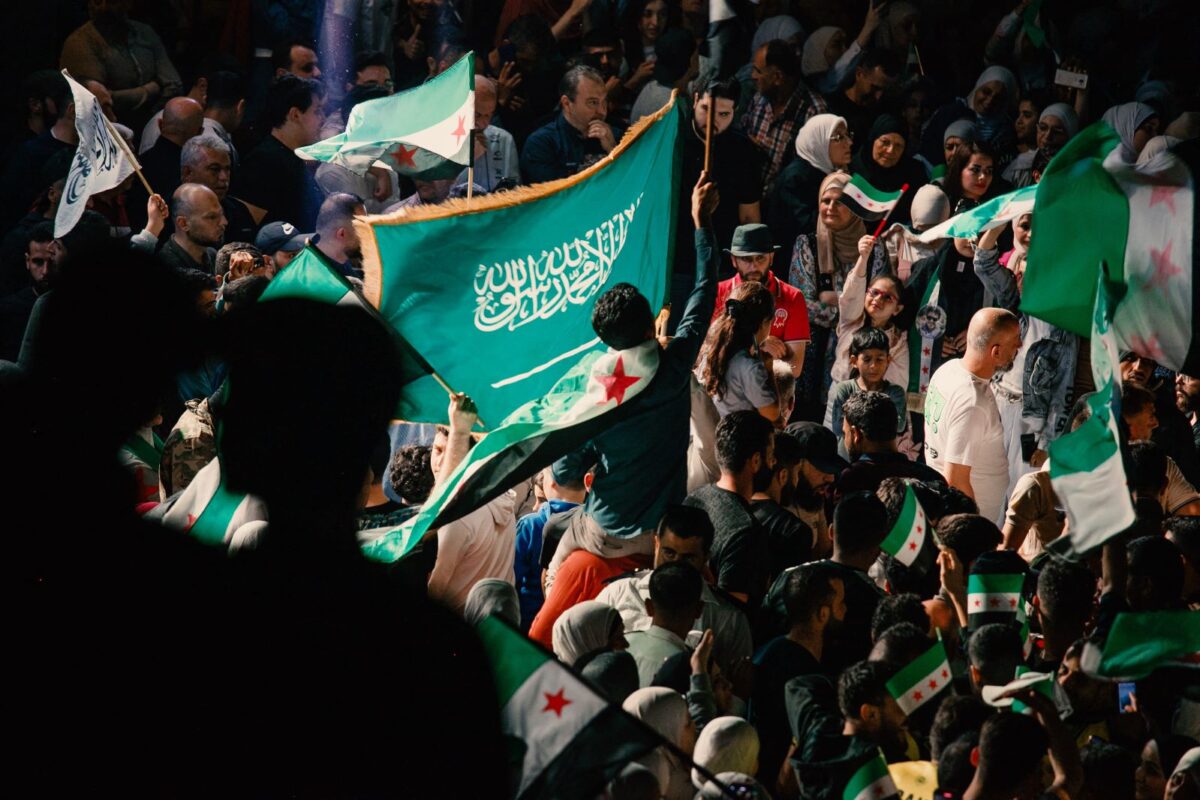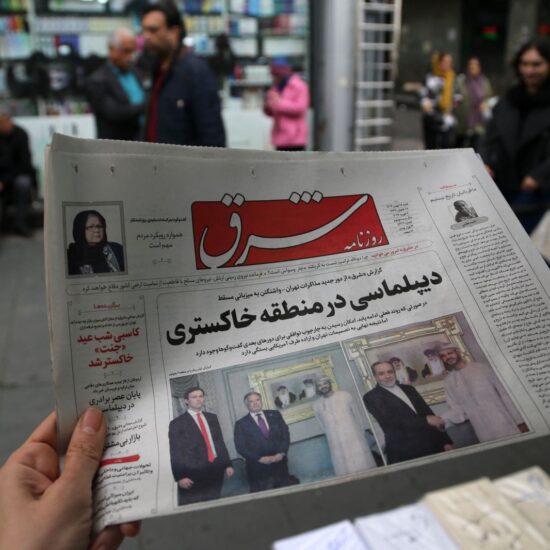
The US just lifted sanctions on Syria: not out of principle, but out of pragmatism. As Gulf powers rush in, Syria could become the region’s next frontier. Where does that leave Lebanon? On the edge of opportunity or irrelevance?
This week, as Trump was welcomed in Riyadh with all the pomp of a returning monarch, one announcement quietly sent geopolitical shockwaves through the region: the United States is lifting sanctions on Syria. On paper, it’s framed as a pragmatic gesture to facilitate reconstruction and reward new leadership in Damascus. But beneath the surface, it signals something much bigger: a recalibration of regional alliances and a potential rewriting of the balance of power. For Syria, this move could be transformative.
The economic chokehold imposed by US sanctions has left Syria isolated, impoverished, and dependent on black-market lifelines. Reconstruction was a fantasy, banking was paralyzed, and most of the country’s youth faced a future measured not in hope but in rations. Now, suddenly, doors are swinging open. Gulf capital, European infrastructure firms, and Chinese contractors are watching closely. The same nations that spent years hedging their bets are ready to reinvest not just money, but influence.
But this isn’t a humanitarian shift. It’s a political one.
The removal of sanctions comes not as a reward for reform, but as part of a grand regional transaction. The US wants Saudi Arabia. Saudi Arabia wants a bigger table. Trump wants a win. And Syria — newly led by President Ahmed al-Sharaa — offers the appearance of change while maintaining enough continuity to manage expectations. This is not about justice or accountability. It’s about access.
Still, the implications are real. A post-sanctions Syria could slowly disentangle itself from full Iranian dependency. It could re-enter the Arab League as more than a pariah. It could become the next investment hub for Gulf states aiming to expand their post-oil portfolios. And it could do all this without a single democratizing reform — because in this new Middle East, stability is the new freedom, and transactional legitimacy is enough.
So what does this mean for Lebanon? It depends — entirely — on us.
In theory, Lebanon stands to benefit. Syria is our neighbor, our corridor, and our historical entanglement. Reopened trade routes could revive northern agriculture. A resuming electricity grid could stabilize our power sector. Gulf-funded reconstruction in Syria could spill over into Lebanese logistics, contracting, even education and medical tourism.
But all of that hinges on one condition: we have to get our act together. Without political stability and real economic reform, Lebanon risks becoming a side note in the region’s new recovery narrative. Gulf investors will not wait for our paralysis to resolve itself. The US will not push dollars toward a broken banking system. And if Syria becomes the new frontier for regional reintegration, Lebanon might quietly be demoted from strategic partner to fragile bystander.
This moment, then, is not just about Syria’s return. It’s about Lebanon’s choice.
We can treat this shift as a threat or as a wake-up call. We can watch our neighbor capitalize on regional interest while we bicker over petty power plays. Or we can recognize that in a changing region, the countries that matter will be the ones that can govern, that can negotiate, and that can deliver. Because in the end, lifting sanctions on Syria might open doors for them – but whether it opens a window for us depends entirely on what we do next.
Ramzi Abou Ismail is a Political Psychologist and Senior Research Fellow at the Institute for Social Justice and Conflict Resolution at the Lebanese American University.
The views in this story reflect those of the author alone and do not necessarily reflect the beliefs of NOW








